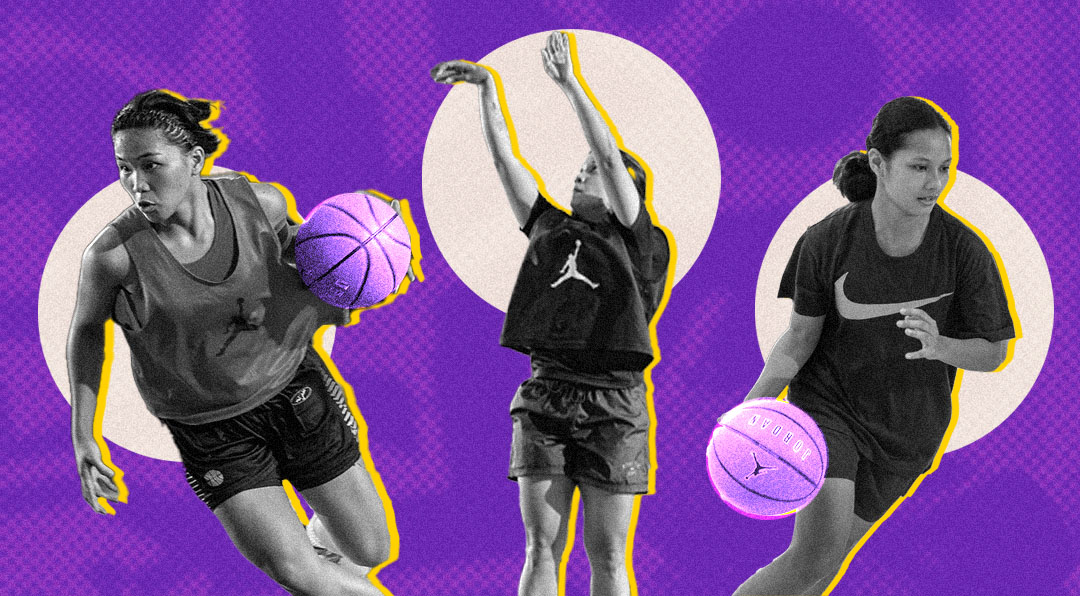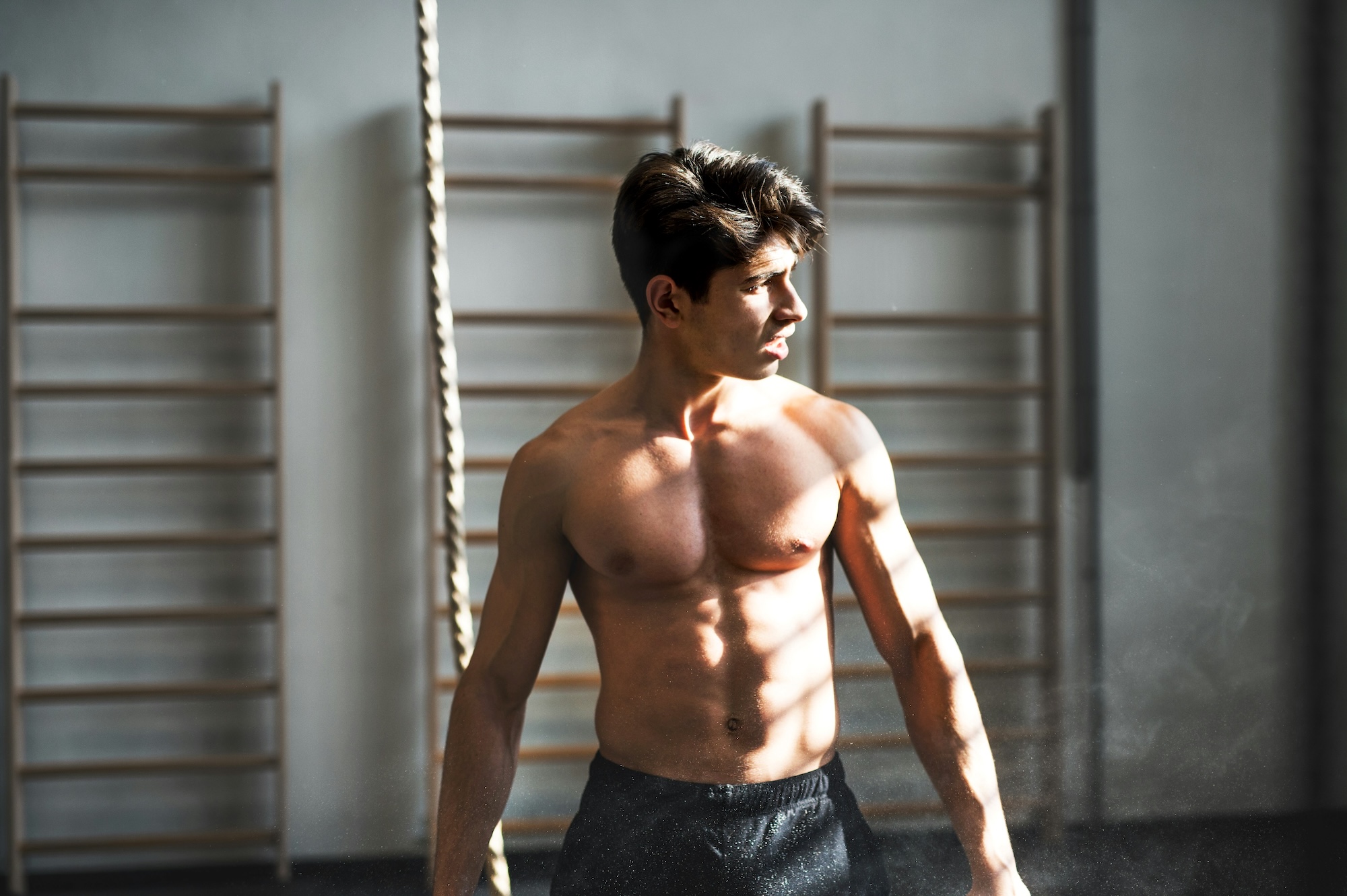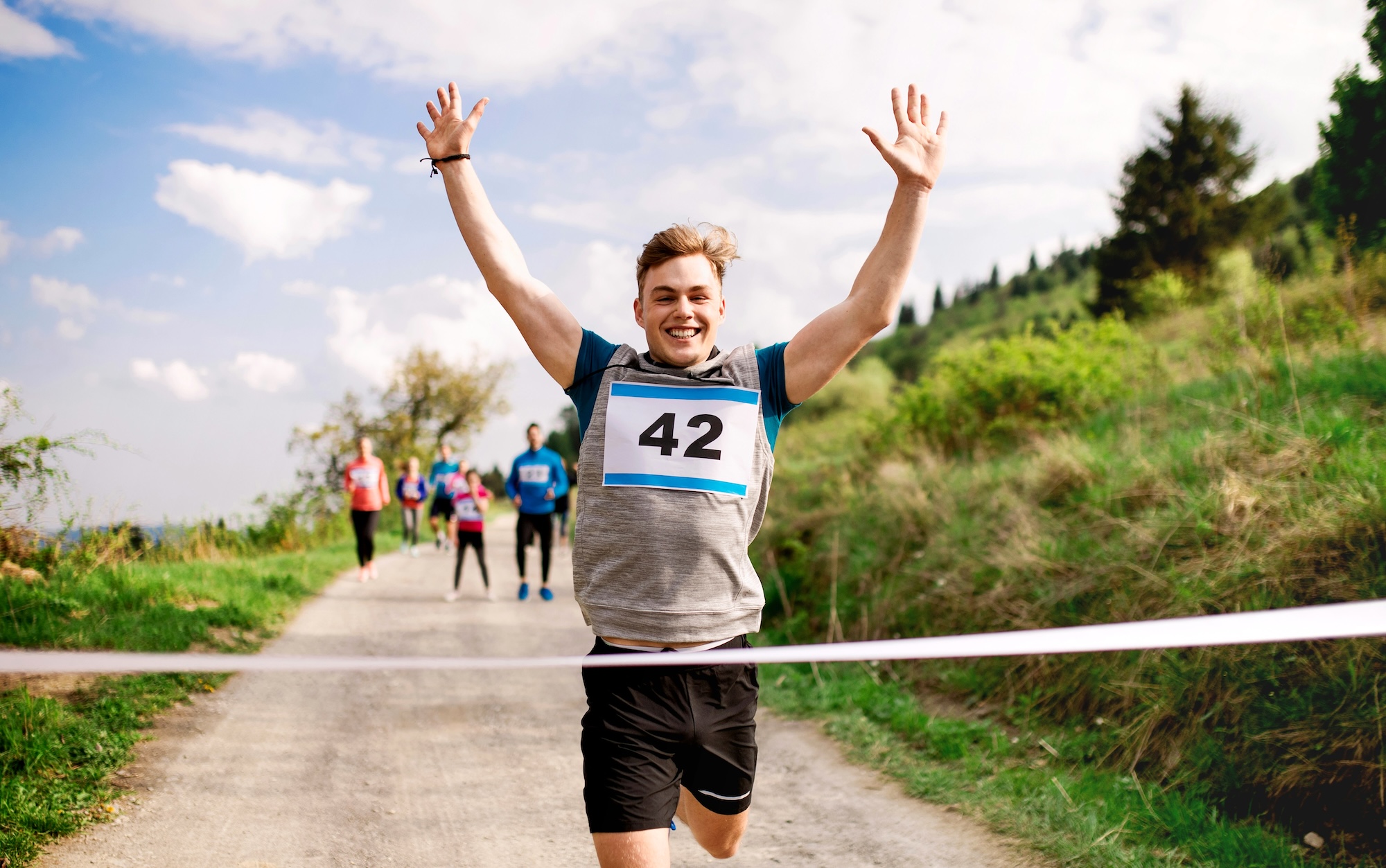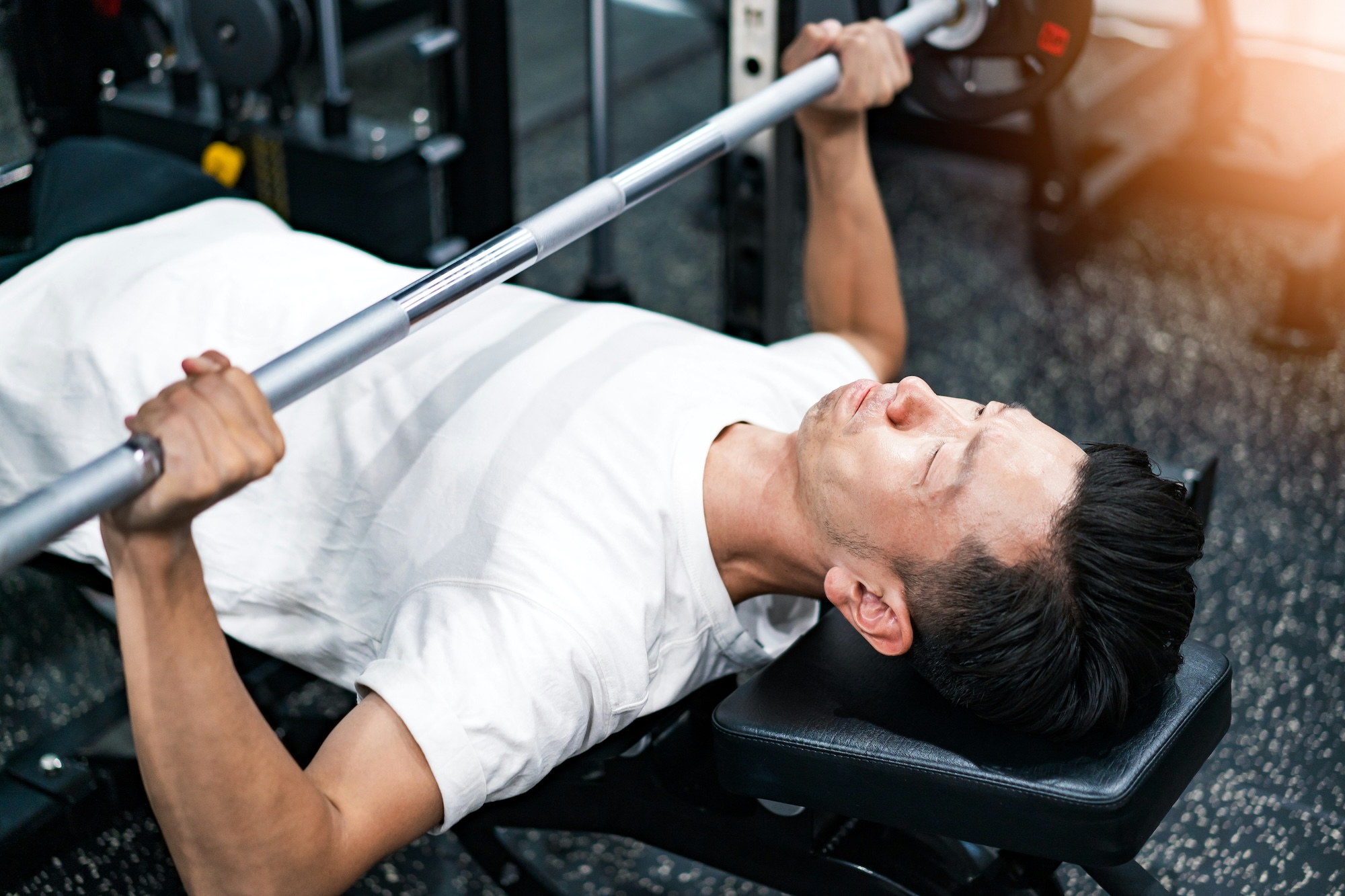Triathlon wisdom and specific race strategies for the 2018 Ironman Philippines (and beyond) from two legendary triathletes
Photo by Jun Mendoza
The first full Ironman in the Philippines is exactly the type of athletic event that deserves a kind of two-fold attention, that curious combination of unhinged hype and cautious optimism. We’ve already seen countless half Ironman races held in our islands, but the race happening at Subic Bay Freeport is new territory.
The stakes are obviously much higher, the consequences a bit more complicated, and the race conditions much direr (the weather, for instance, is looking to be quite a challenge).
And so while a lot of the athletes competing this weekend will surely go into the race equipped with the benefits of serious training, there’s still a sense of looming uncertainty. Fortunately, we got to meet two legendary triathletes and ask them for race tips and strategies—basically, ways to address said uncertainty. We also got to hear about their beginnings in the sport.
Dave Scott
The first time Ironman Hall of Famer Dave Scott competed in a triathlon, he emerged victorious, receiving a turkey in place of prize money. The race comprised of a nine-mile bike, four-mile run, and a 1,500-meter swim, and Scott, who grew up playing water polo and basketball, recalls saying the following after that event.
“As soon as I finished the race, I knew I wanted to do it again.” He competed in his first Ironman in 1980 (two years after his first triathlon), clocking in at 9:24:33. He has since gone on to become the first six-time Ironman Triathlon Hawaii champion.
Dave Scott’s race tips for triathletes
Don’t overhydrate
“While it’s absolutely important to hydrate, you still need to know your limits. We’re not camels; we can’t take an infinite amount of fluid just because we feel like taking in a lot of fluid. If you take in too much water, you’re setting yourself up for a bad day. The fluids won’t make you get any faster. From now until race day, drink a lot, but not to the point that you feel like you have to urinate every hour and a half. If you’re urinating regularly, which is every two to four hours, that’s good. Also, don’t go overboard on electrolytes. Be careful about taking in too much. Your body can’t store an excessive amount of electrolytes.”
Don’t overeat
“Don’t eat too much during race morning. Less is terribly better when you go into T1”
Equalize sweat and breathing rates
“I have a steadfast rule, which is to allow your sweat rate and your breathing rate to equalize on the bike. Let your sweat rate come up and let your breathing rate come up. And this is where the importance of not overhydrating and overeating comes in: If you take in a lot of food and fluid in T1, you’ll notice that you’ll produce an excessive amount of sweat. That means your pancreas is going to pump out a lot of insulin, and your system will be stuffed with glucose, which is a bad idea. Having this problem during the bike leg will compound difficulty during your run.”
Craig “Crowie” Alexander
Like most kids in his native Australia, Alexander grew up playing a lot of sports. But as he got into college, that passion and diligence as an athlete gradually dissipated.
“My mom had to encourage me to get back into sports and get back in shape.” Alexander suddenly started to take an interest in triathlons, as the idea of mastering more than one discipline was appealing to him. Initially, his foray into the sport became both a test not only to his physical endurance but also to his confidence.
“A lot of the people I looked up to told me things that really shook my confidence. I had someone tell me that I was way too skinny to become a serious triathlete.”
“There’s a lot of athletes that perform at a high level physically in training, but you need a certain mindset to be able to transfer that into the moment on race day and execute everything that you’ve practiced and not panic. You have to match fitness with mental toughness,” says Craig Alexander
But Alexander persisted, training rigorously and striking a much-needed balance between physical prowess and mental toughness. As a three-time Ironman World Champion, Alexander credits a lot of his success to that balance, to the idea that having the right mindset is just as important as achieving physical optimality.
“There’s a lot of athletes that perform at a high level physically in training, but you need a certain mindset to be able to transfer that into the moment on race day and execute everything that you’ve practiced and not panic. You have to match fitness with mental toughness.”
What makes him an athlete of the first order, physical prowess aside, is his openness to self-examination and to take full responsibility for the outcomes of his performances. “For me, it just always goes back to wanting to be the best athlete I can be. Even if I’m racing other people, in the end, it’s my race, it’s my journey,” he says.
Craig Alexander’s race tips for triathletes
Self-reliance is key
“Of course there’s a dynamic that goes on between you and the other athletes in the race, but I always just go back to the idea that ultimately, you can only get the most out of yourself. Ninety-five percent of the race’s outcomes depend on how well you handle yourself. You do control your outcome to a large degree. There are no miracles on race day. You sort of just get the performance you deserve, what you’ve worked for. ”
Do race simulations
“I got my confidence from preparing the right way and doing race simulations. I wouldn’t eat the night before the race or the morning of the race. I try to simulate the race conditions. I would visualize, I would try to practice. I would dehydrate myself a little bit. I would prepare myself for all the possible scenarios.”
Know yourself
“I think my best quality as an athlete is that I know myself. I know what works for me. For instance I know that I’ve never really been a strong guy. I was gifted with a lot of speed, but not with a lot of strength. You have to realize that we’re all different as athletes: mentally, how we process information; physiologically, how we absorb calories.”
Practice consistency
“Prepare yourself the way you normally would. I’m not superstitious but I love to read my training diary sometimes just to reaffirm all the training and the work that I’ve done in the past. Through that I get to remember all the pain and the hard work I’ve done, and knowing that I’ve gone through all that gives me confidence.”














































